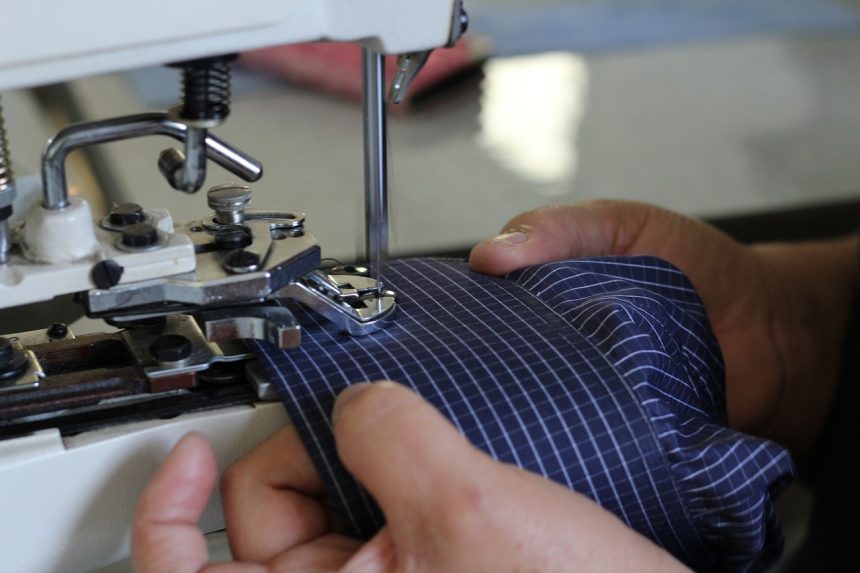G-d told Moshe to speak to the Children of Israel as follows: “Take for Me donations (for the Tabernacle)” [1]. It is widely noted by the commentaries that it seems more appropriate to have said ‘give to me’ rather than “take for me”. One approach is that the intention of the word “take” is to ‘take and give’ [2]. But if so, why not mention it explicitly? Furthermore almost whenever we give something we must first take it; so surely elaborating the obvious is superfluous?
Yudka, Esther Weintraub’s youngest 6 year old sister, went into hiding during the Sperre (major ‘aktion’) in the Lodz ghetto. She had a real talent as an artist.
Subsequently she had to pose as a ten year old in order to become a part of the now completely workers camp. Her job was to sew on buttons on soldiers uniforms. Once during work she sketched a man sitting opposite her. The tailors recognised her talent and encouraged her to draw; they even managed to procure a box of crayons for her. For the first time Yudka was really happy in the ghetto. Then she remembered something. She pushed away the box of crayons saying, “Rozka (another six-year old girl) works so hard because I sit and paint… because she is doing my job. It is not fair!” the tailors were taken aback. The child was right. Only after they interceded with the instructor did she accept the crayons.
Before we take something, we should make sure that it is fair, and that our taking is not causing other to give more than they should be.
On the one hand, the verse states “to G-d is the land and everything on it” [3] but a different verse states that “the land was given to man” [4]. Even that which has been “given to man” is essentially supposed to be directed “to G-d”. In other words, even when we “take” something, we should ultimately ‘take and give’ it to G-d – to “take” in a manner by which we are doing for the sake of heaven, i.e. fairly [5]. [6]
Perhaps this also helps us understand the comment that the word “take” is plural and that it shares the same numerical value as ‘two take’ [7]. When a person takes something, he should ensure that his taking is not causing others to give unjustly. On the contrary, the best way for a person to “take” something is when others will also “take”, or benefit as a result of his taking [8].
Have a beneficial Shabbos,
Dan.
Additional sources:
Story: My Son… My Son… a Chronicle, Anna Eilenberg-Eibeshitz, p. 120-122
[1] Shemos 25:2
[2] Ibn Ezra
[3] Tehillim 24:1
[4] Ibid. 115:16
[5] See also Rashi, Shemos 25:2
[6] See also Brachos 35a
[7] Baal haTurim, Shemos 25:2
[8] See continuation of Brachos 35b







